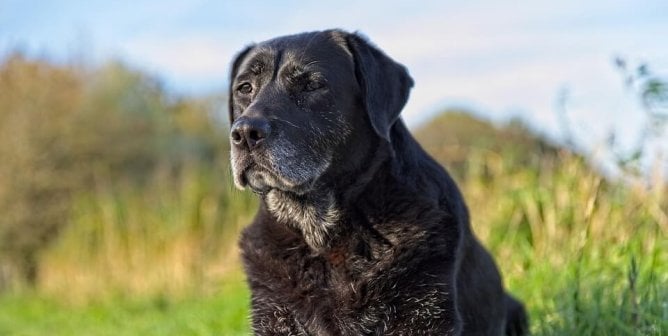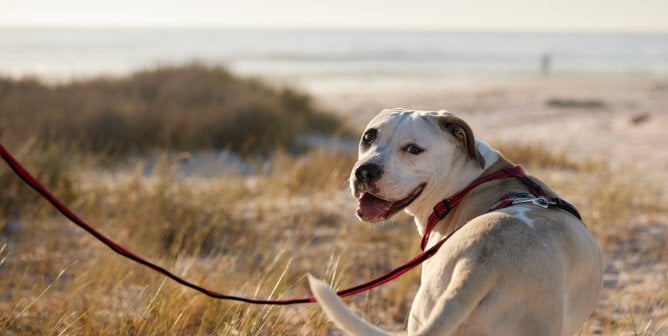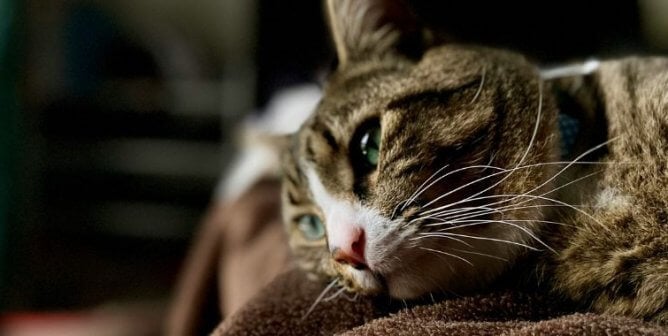The Four “P’s” of Training
Praise. Everyone learns faster with encouragement—use toys, treats, and/or scratches under the chin—whatever your dog responds to best.
Practice. Incorporate practice into your daily routine: Try a few exercises at feeding time; bring along some treats on your daily walks and practice sit, heel, and come; teach the meaning of a positive word like “OK” by saying it whenever it’s time for a break.
Prevention. Give Rags a chance to do something RIGHT before he does something wrong. In other words, BE CONSIDERATE and PAY ATTENTION! Don’t expect superhuman feats from him, such as “holding it” for 10 hours. Watch for Rags to start eyeing the neighbor’s cat and call him to you for a good scratch behind the ears to distract him from giving chase.
Patience. It is unreasonable to expect Rex to turn into a perfect gentleman overnight, so be patient. Keep training sessions short, interesting, and positive. If Rex starts to get bored and distracted after 10 minutes or you start to lose your temper, it’s time for a recess.
The P that DOESN’T belong is Punishment. If Rosie “misbehaves,” it’s YOUR fault for failing to supervise her or communicate with her clearly. NEVER hit Rosie: This teaches her that might makes right, a lesson she may later use on you or a child.
Text VEG to 73822 to get the latest vegan lifestyle tips, recipes, and urgent action alerts texted right to your phone.
Terms for automated texts/calls from PETA: https://peta.vg/txt. Text STOP to end, HELP for more info. Msg/data rates may apply. U.S. only.







